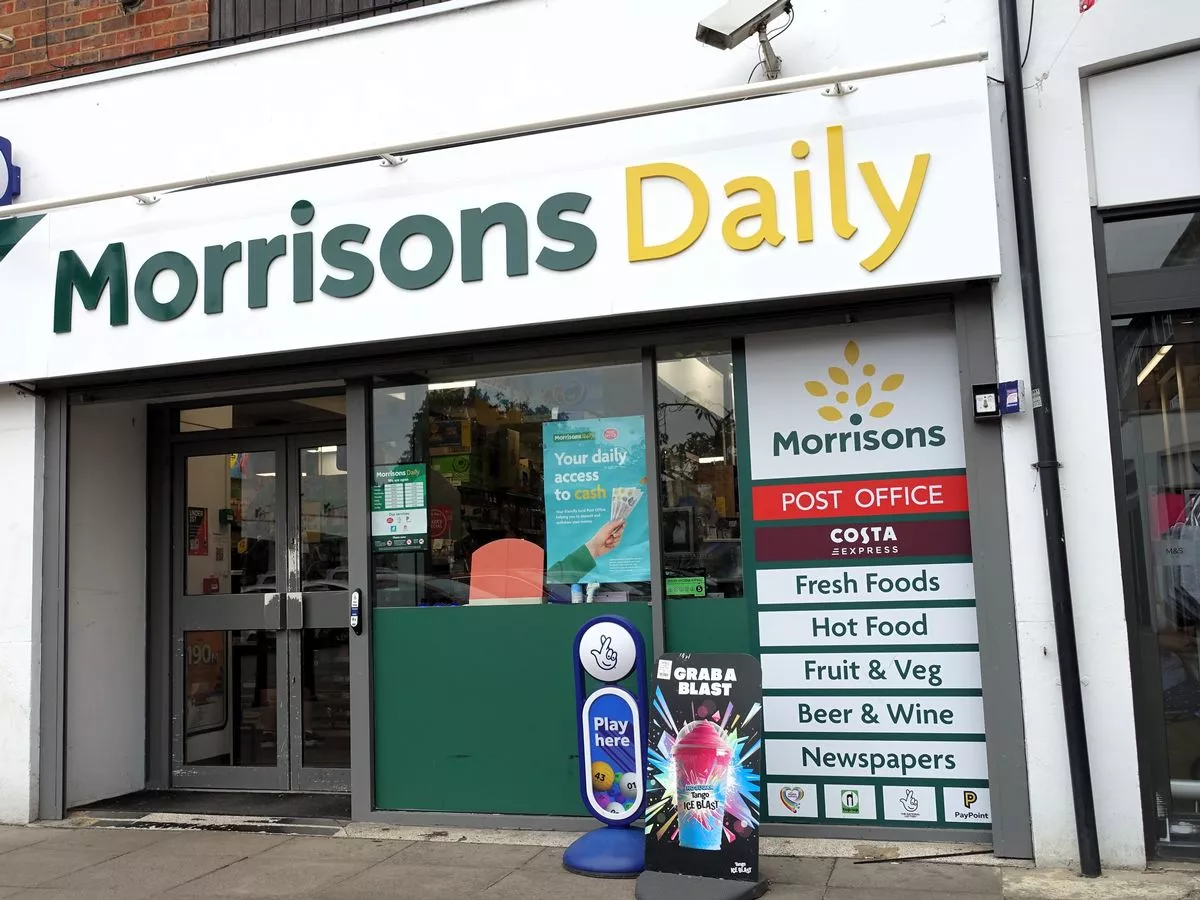Copyright mirror

Morrisons, the supermarket chain, is preparing to convert hundreds of corner shops across England into its own branded convenience stores. The grocer plans to launch 250 new " Morrisons Daily" convenience stores next year by allowing corner shop owners to transform their shops into Morrisons franchises, according to The Telegraph. The expansion will primarily target areas where Morrisons has a limited presence, such as cities in the south and the Midlands. This move signifies a significant acceleration of the supermarket's growth plans, with Morrisons set to open approximately 160 of its convenience stores this year. A spokesperson for Morrisons said: "Over the last few years we've built a significant business of over 1,700 stores and we have ambitious plans in place to bring Morrisons Daily to more customers across the UK with a franchise model that enables us to add new stores faster, in a capital-light way." Last month, Morrisons appointed former Nisa boss Peter Batt as its new operations director for convenience stores. In July, the grocery giant also introduced improved terms for its independent retail partners as it continued to expand its convenience business. Meanwhile, leaders of the UK's largest supermarkets are calling on the Chancellor to exempt shops from a new business rates surtax, warning that shoppers will end up shouldering the burden of increased costs. A letter, organised by industry group the British Retail Consortium (BRC) and addressed to Rachel Reeves , the letter argues that reducing the tax burden on grocers could help combat food inflation. It carries the signatures of UK executives and directors from Tesco , Sainsbury's , Aldi , Asda , Iceland, Lidl , Marks & Spencer , Morrisons and Waitrose . The BRC has expressed concern that larger shops may face a hike in their business rates if they fall under the Government's new surtax for properties with a rateable value over £500,000. This is anticipated to cover discounts for smaller high-street firms, which will benefit from reduced business rates under the Government's plans. These plans are due to be confirmed in next month's autumn Budget statement and would take effect from April next year. In the letter, the supermarket chiefs warn that their "ability to absorb additional costs is diminishing". The letter states: "If the industry faces higher taxes in the coming Budget – such as being included in the new surtax on business rates – our ability to deliver value for our customers will become even more challenging and it will be households who inevitably feel the impact. "Given the costs currently falling on the industry, including from the last budget, high food inflation is likely to persist into 2026. "This is not something that we would want to see prolonged by any measure in the Budget. "Large retail premises are a tiny proportion of all stores, yet account for a third of retail's total business rates bill meaning another significant rise could push food inflation even higher. " The letter concludes by urging Ms Reeves to "address retail's disproportionate tax burden" which it said would "send a strong signal of support for the industry and of the Government's commitment to tackling food inflation".Helen Dickinson, the BRC's chief executive, stated: "Supermarkets are doing everything possible to keep food prices affordable, but it's an uphill battle, with over £7 billion in additional costs in 2025 alone. "From higher national insurance contributions to new packaging taxes, the financial strain on the industry is immense."



